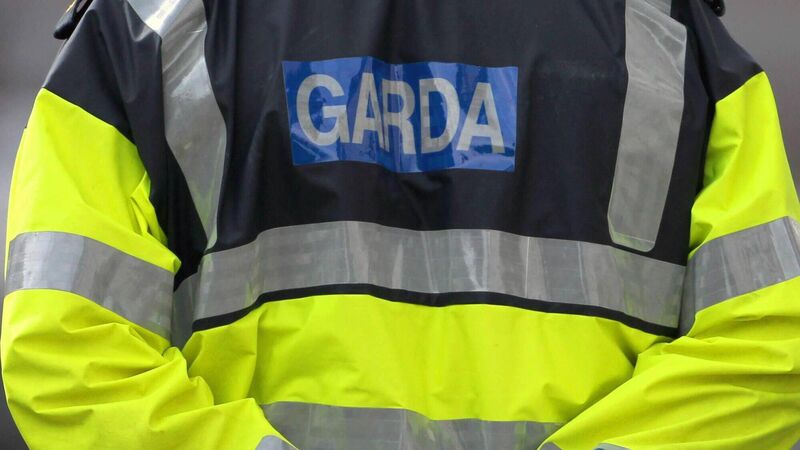Human rights body is deeply concerned at policing reforms

The new bill, which runs to almost 270 pages, is aimed at implementing major reforms recommended by the Commission on the Future of Policing in Ireland, which reported in September 2018.
Try from €1.50 / week
SUBSCRIBEThe State’s human rights body is deeply concerned at restrictions and obstacles placed on independent searches and inspections of Garda premises under landmark proposed legislation.
As the Policing, Security and Community Safety Bill begins committee stage today, the Irish Human Rights and Equality Commission (IHREC) says it is also alarmed at Government and ministerial intrusion into the independence of both An Garda Síochána and oversight agencies.
Already a subscriber? Sign in
You have reached your article limit.
Annual €130 €80
Best value
Monthly €12€6 / month
Introductory offers for new customers. Annual billed once for first year. Renews at €130. Monthly initial discount (first 3 months) billed monthly, then €12 a month. Ts&Cs apply.
CONNECT WITH US TODAY
Be the first to know the latest news and updates
Newsletter
Keep up with stories of the day with our lunchtime news wrap and important breaking news alerts.
Monday, February 9, 2026 - 8:00 AM
Monday, February 9, 2026 - 6:00 AM
Monday, February 9, 2026 - 6:00 AM
© Examiner Echo Group Limited